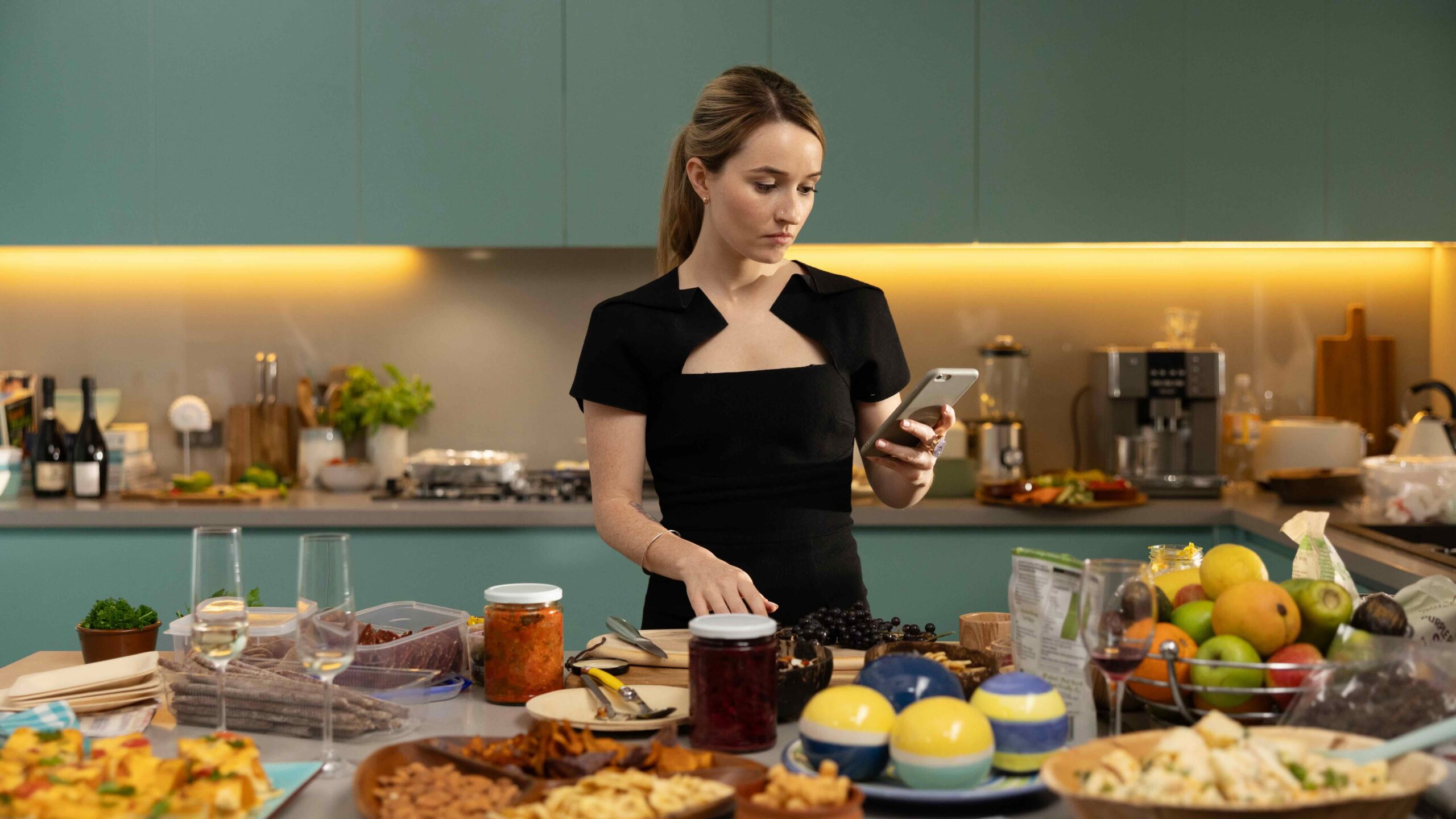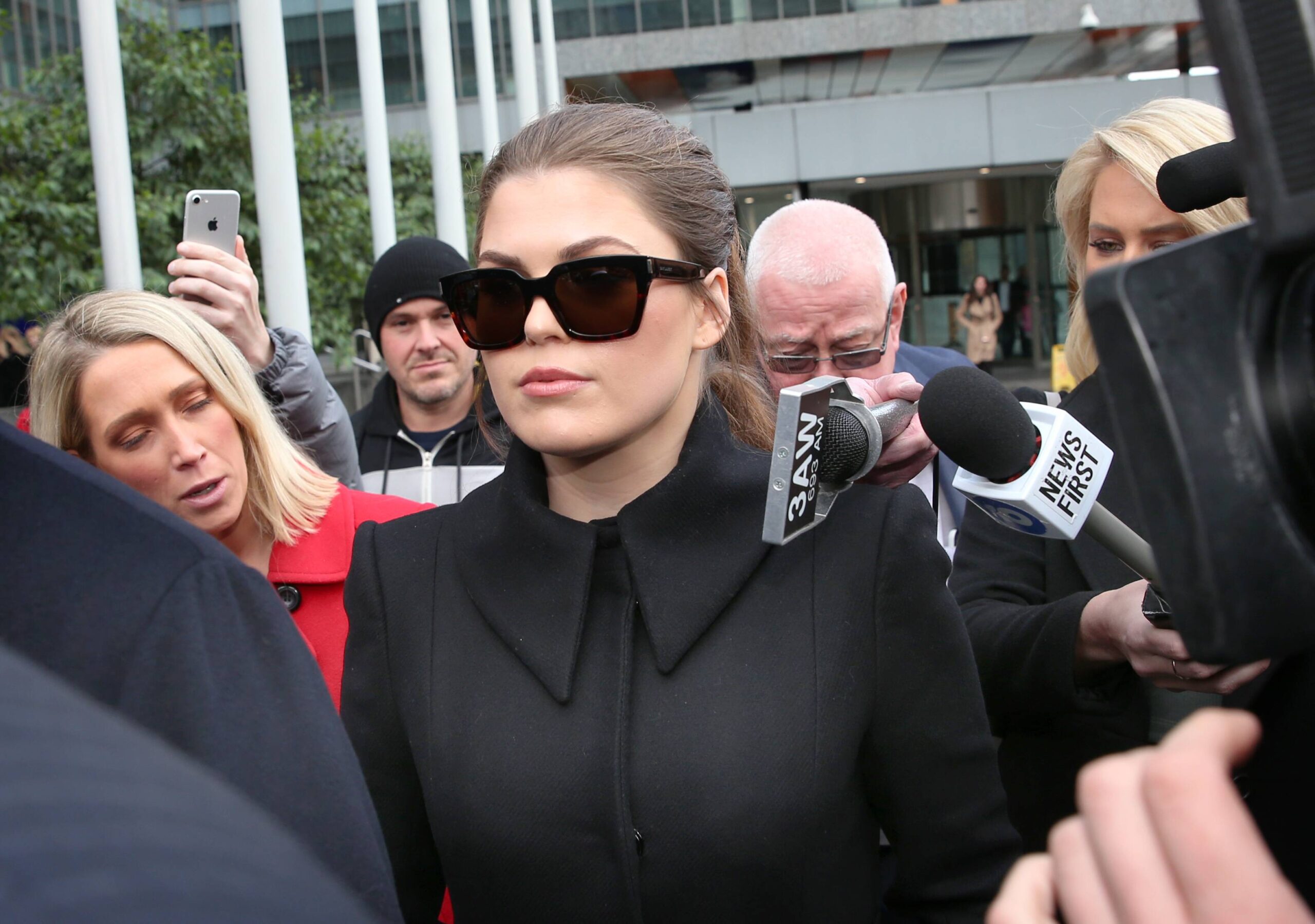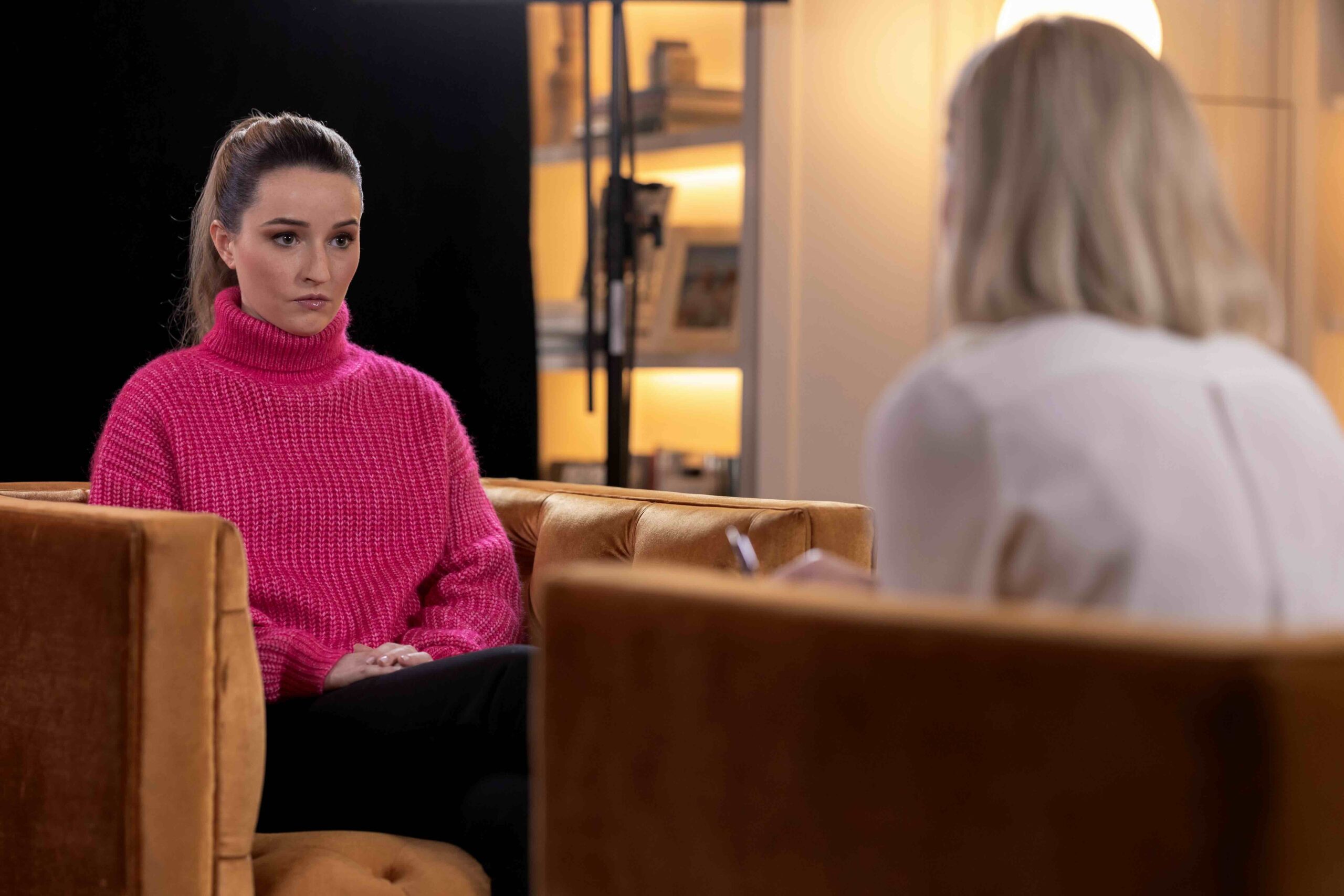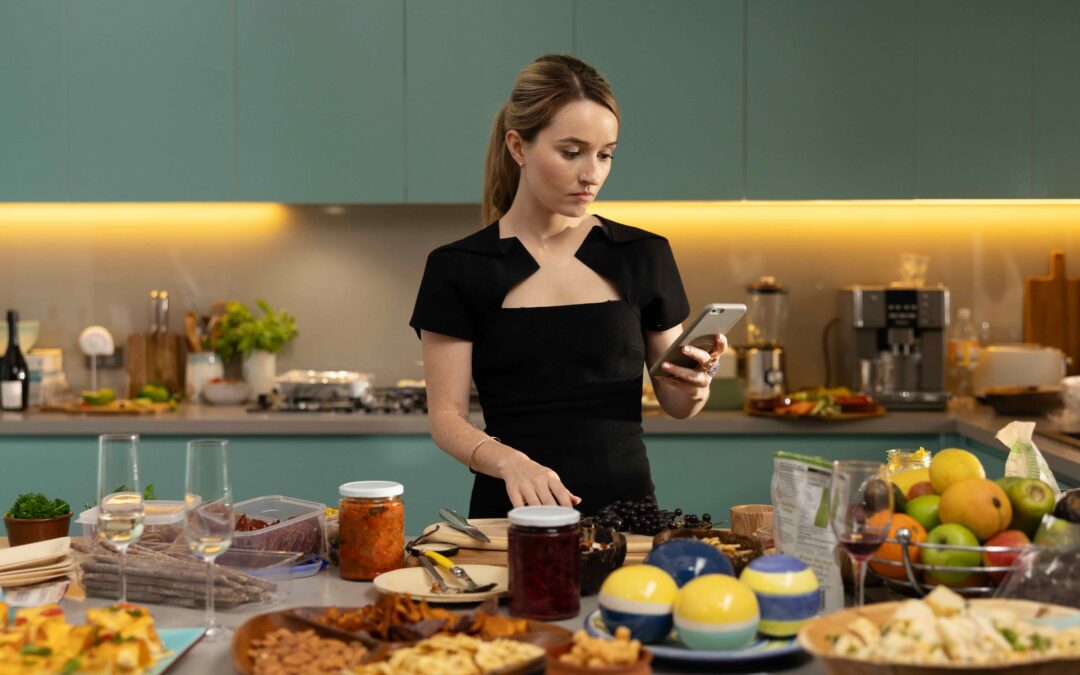The dark truth behind Netflix hit Apple Cider Vinegar
Belle Gibson, the influencer who faked having cancer, told a remarkable story – it was all a lie.
Words by Maria Lally

Ten years ago, Belle Gibson was a beautiful, 20-something Australian mother who regularly shared with her hundreds of thousands of followers how she was curing herself of brain cancer. Not with conventional medicine, but with healthy eating. A hugely success- ful recipe app and cookbook called The Whole Pantry followed, alongside promises to pledge much of her newfound fortune to charity.
One line from her book read, ‘I was empowering myself to save my own life through nutrition, patience, determination and love.’ It was a remarkable story. It was also a lie.
In March 2015, investigative journalists Beau Donelly and Nick Toscano broke the story that she hadn’t actually donated money to charity. This led to the discovery she’d never had cancer either. Her fall from grace was fast and furious. Her book and app were pulled, her horrified followers – many of them cancer sufferers – deserted her, and in 2017 she was convicted of misleading and deceptive con- duct and ordered to pay $410,000 AUD. Her current whereabouts are unknown.

This month, her story has come to Netflix with Apple Cider Vinegar, a six-part series created by Samantha Strauss and inspired by Beau and Nick’s book, The Woman Who Fooled The World. It stars Kaitlyn Dever as Belle. Why was the show called apple cider vinegar, a health tonic loved by celebs who swear it improves gut health and skin tone? ‘Because it’s hope in a bottle, isn’t it?’ says Samantha, who also worked on Nine Perfect Strangers, the TV adaptation of Liane Moriarty’s book about an extreme health retreat.
She says she finds the ‘allure of wellness’ fascinating. ‘Nick and Beau’s book did a beautiful job of showing that while Belle was a cancer con woman, she’d also spoken of having a troubled childhood, and had been lying about her health on skateboard chat forums from childhood,’ says Samantha. ‘They created a tapestry of Belle’s life, speaking to people who had fallen victims to her lies, neurosurgeons, and de- tailing the history of the wellness industry.’
The growth of which in the early 2000s, along with Instagram, lent themselves perfectly to Belle’s lies that led to her ending up ‘completely out of her depth,’ says Samantha. ‘At times I felt angry with her, but I also wanted to know what her core wounds were. What was driving her. I think she wanted to be loved and the more she spoke about having cancer, the more love she got back from her followers. But the stakes were really high, and she was playing with life and death.’

In 2015, after her lie was uncovered, the parents of a young child with brain cancer came forward to report that Belle had been claiming to fundraise for their child’s treatment on their behalf but that they had never received any funds from her. And a 2021 BBC documentary, Bad Influencer, spoke to cancer sufferers who had stopped chemotherapy treatment after following Belle.
Beau says the question he’s often asked is, was Belle mad or bad? ‘I think she was a little of both,’ he says. ‘But lots of people have terrible childhoods and don’t grow up to do what she did.’ Both Nick and Beau believe that while money was clearly a motivator for Belle, so was attention and sympathy. ‘She also want- ed to be famous,’ says Nick. ‘She ended up be- coming more famous, or infamous, than she could ever have imagined.’
And what of those around her? ‘The grown- ups who should have been asking questions,’ as Beau describes them. After the story broke, her publisher Penguin said it hadn’t fact checked her claims. explaining they ‘did not feel this was necessary as The Whole Pantry is a collection of food recipes’ which they published ‘in good faith’.
‘This could happen again, very easily.’
Could a story like Belle’s happen again? ‘Social media companies have changed a little in terms of what they allow on their platforms, but all the factors that allowed Belle to succeed still exist,’ says Beau. ‘This could happen again very easily.’
However, Nick says he takes solace from Belle’s highly public downfall: ‘It will give people pause for thought when it comes to those making claims about health cures. We know people who follow this sort of advice are often vulnerable, and the show captures so well the industry that flourishes around cancer remedies, and how they can give people false hope.’
‘It highlights the cancer scammers, the snake oil salesmen, and the Belle Gibsons, and shows them up for what they are,’ adds Beau.
As far as they know, Belle is still being pursued for most of her outstanding fine. ‘This scam really devastated a lot of people,’ says Nick. ‘They hoped she would have been made to pay back the money she made, but that hasn’t happened as far as we know. That’s a tough pill for her victims to swallow.’
Apple Cider Vinegar is on Netflix now
Photo: IMAGO

